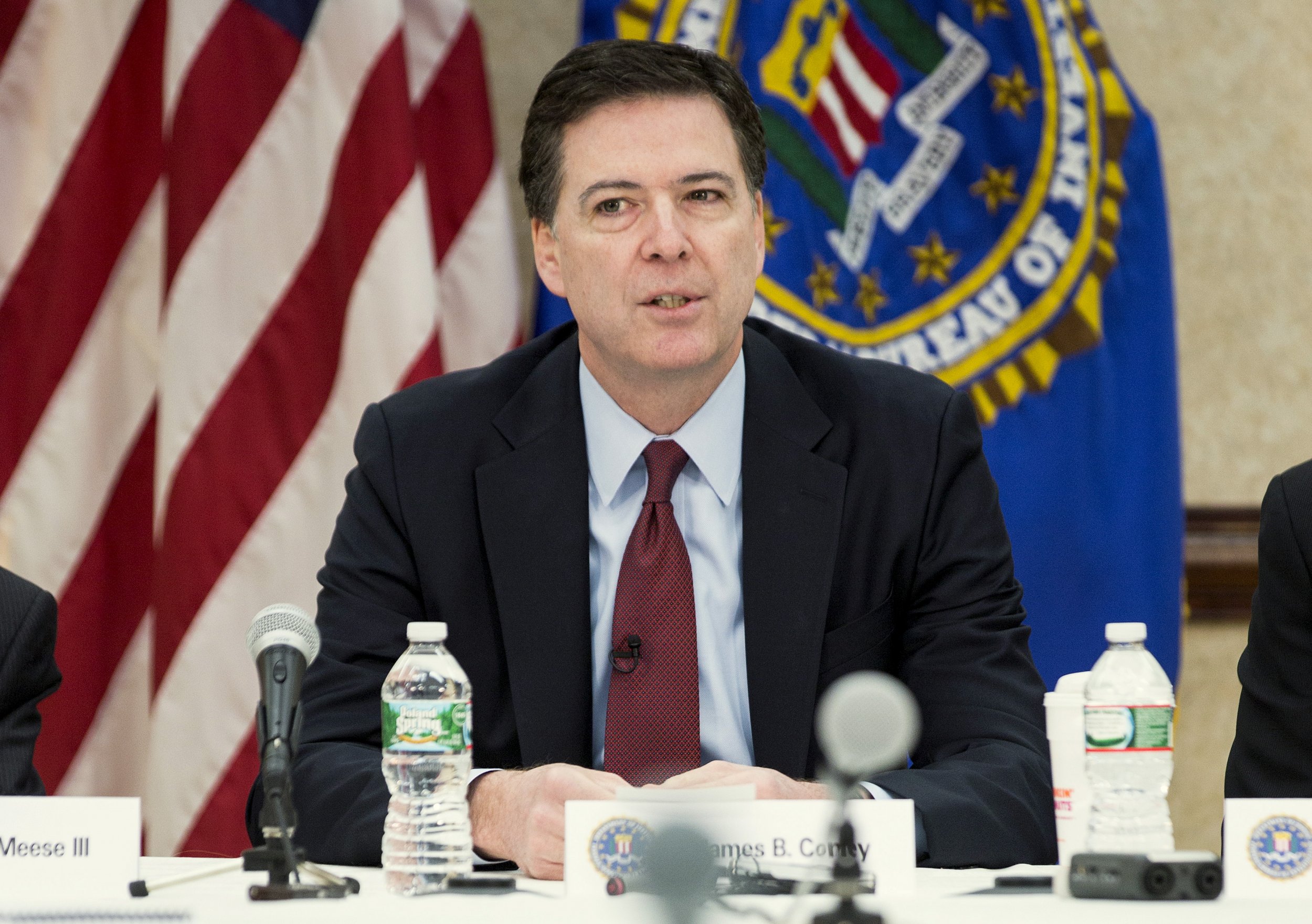
Fear of "lone wolf" terror attacks has been running high the past two weeks, following the Pulse nightclub shooting in Orlando that killed 49 people. But on Wednesday the Senate rejected an amendment to grant the FBI far greater surveillance powers to check citizens' browsing history and other metadata without a court order.
The amendment, which was sponsored by Arizona Republican Senator John McCain, received 58 votes. That was two shy of the 60 votes needed to end further debate and move on to lump the amendment into a criminal justice funding bill. 46 Republicans and 11 Democrats supported the ammendent while seven Republicans and 30 Democrats dissented.
The amendment would have permitted the FBI to expand the types of information it collects through a special subpoena tool called a National Security Letter, which allows surveillance without needing a court order. Had the amendment passed, the FBI would be allowed to look at what websites someone visits and for how long, the IP addresses they use as well as email subject lines without needing a court warrant. FBI agents wouldn't be allowed to read the contents of the emails, however. It also would permanently extend the "lone wolf" provision in the 2003 Patriot Act, allowing the FBI to surveil any terrorism suspects—even if they are not formally affiliated with any foreign terrorist organization.
Despite the vote on Wednesday, the ammendent is not dead. Instead, lawmakers will continue to debate its future and it could be back on the Senate floor as soon as later this week. Republican Senate Majority Leader Mitch McConnell switched his vote from "Yes" to "No" at the last minute and then asked for reconsideration for another vote, presumably to whip up more votes to get over 60 votes. The bill may be back on the Senate floor as soon as later this week. Once up for a real vote, the bill would only need 51 votes or more to pass the Senate.
"Our failure to act to grant this authority, particularly in the wake of this terrible tragedy in Orlando, would be inexcusable," Senate Majority Whip John Cornyn said on the Senate floor on Tuesday. "This is something the FBI director appointed by President Obama had said he needs."
Not everyone agrees. Civil rights groups like the Electronic Frontier Foundation (EFF) and the American Civil Liberties Union (ACLU) have vehemently opposed the amendment. The EFF has rallied people to tweet and call senators to stop it from passing. "National Security Letters are a dangerous and unconstitutional power as is," the EFF said. "This expansion must be rejected."
Yet McCain says that national security, in this case, trumps privacy concerns. "I have great sympathy for [privacy advocates]," McCain said. "But I respect more the view of Director Comey, who has said it's his number one priority."
Uncommon Knowledge
Newsweek is committed to challenging conventional wisdom and finding connections in the search for common ground.
Newsweek is committed to challenging conventional wisdom and finding connections in the search for common ground.
About the writer
Seung Lee is a San Francisco-based staff writer at Newsweek, who focuses on consumer technology. He has previously worked at the ... Read more
To read how Newsweek uses AI as a newsroom tool, Click here.








